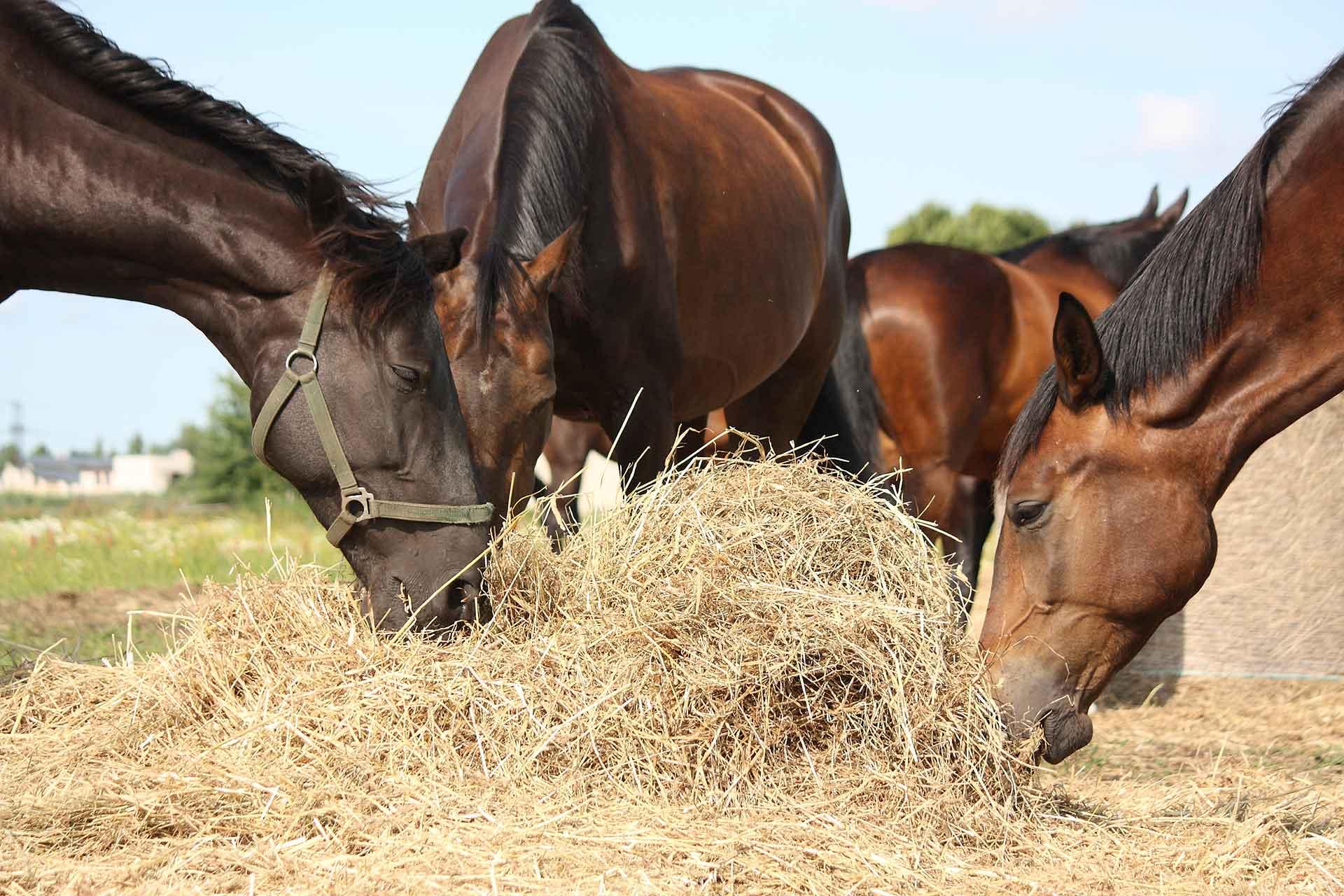Researchers at The Pirbright Institute have developed a field test for African horse sickness (AHS) that is reliable, fast and simple to use.
African horse sickness (AHS) is a viral disease that infects all equine species and is often fatal in horses and mules. It has become economically important within the last century; outbreaks have impacted the Iberian and Arabian Peninsula, the Middle East, the Indian subcontinent and Northern African countries.
The importance of improving AHS diagnosis in the field has become paramount in controlling the disease spread. Although current tests used by the World Organisation for Animal Health (OIE) have improved the speed and sensitivity of AHS diagnosis, these tests are restricted to the laboratory setting. This can increase the time it takes for a diagnosis to be made, as samples need to be sent away which can delay control policies being implemented.
The development of the AHS field test was funded by the Biotechnology and Biological Sciences Research Council and led by Dr Veronica Fowler, Emma Howson, Dr John Flannery and AHSV Group leader Dr Javier Castillo-Olivares from The Pirbright Institute. The team used a technique called ‘loop-mediated isothermal amplification’ (LAMP) for the first time to detect the AHS virus in samples. The study has been published in Transboundary and Emerging Diseases.
This LAMP test is portable, cost effective, easy to use and allows a diagnosis to be reached within an hour. The sensitivity and specificity of the test lies within the same range as laboratory testing, although has a slightly lower sensitivity than the test recommended by OIE. As such, this test could provide a valuable complementary tool to laboratory testing.
The research team noted the importance of being able to determine the disease status of animals in the field: “This capacity would enable the faster implementation of containment procedures within affected areas, which is of paramount importance for the control of outbreaks of African horse sickness”.
The team also recognise that rapid diagnosis in the field could “lead to the immediate application of appropriate therapeutic interventions”. Having quick and effective control measures for AHS helps to reduce the threat of this disease on the global equine industries and is critical for the international trade of horses.
Collaboration between research bodies is essential for the progression of projects such as these. In order to make this advance in field diagnostics, Pirbright researchers were able to collaborate successfully with those from the ARC-Onderstepoort Veterinary Institute in South Africa, the Laboratorio Central de Veterinaria-Sanidad Animal in Spain, and OptiGene Limited in England.
